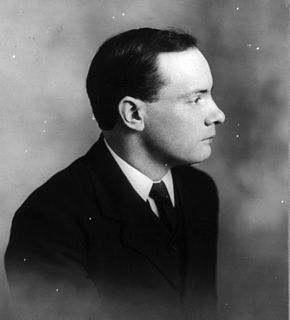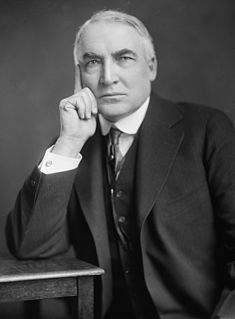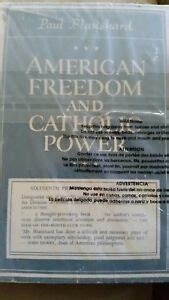A Quote by John Wesley
The greater the share the people have in government, the less liberty, civil or religious, does a nation enjoy.
Related Quotes
Everyone talks about religious liberty, but no one believes it. So let us be blunt about it: we must use the doctrine of religious liberty to gain independence for Christian schools until we train up a generation of people who know that there is no religious neutrality, no neutral law, no neutral education, and no neutral civil government. Then they will get busy in constructing a Bible-based social, political, and religious order which finally denies the religious liberty of the enemies of God.
The issue of religious liberty is absolutely critical. America was founded on three different types of liberty: political liberty, economic liberty, and religious and civil liberty. It's remarkable that, one-by-one, these strands of liberty are coming under fierce attack from the Left. And that's particularly ironic because "liberal" derives from a word which means "liberty," the free man as opposed to the slave. This liberalism which we're saddled with today isn't a real liberalism at all, but a gangster style of politics masquerading as liberalism.
There is not a truth to be gathered from history more certain, or more momentous, than this: that civil liberty cannot long be separated from religious liberty without danger, and ultimately without destruction to both. Wherever religious liberty exists, it will, first or last, bring in and establish political liberty.
Politics and the pulpit are terms that have little agreement. No sound ought to be heard in the church but the healing voice of Christian charity. The cause of civil liberty and civil government gains as little as that of religion by this confusion of duties. Those who quit their proper character to assume what does not belong to them are, for the greater part, ignorant both of the character they leave and of the character they assume.
The opinions of men are not the object of civil government, nor under its jurisdiction; that to suffer the civil magistrate to intrude his powers into the field of opinion and to restrain the profession or propagation of principles on supposition of their ill tendency is a dangerous falacy, which at once destroys all religious liberty...
Is it just or reasonable, that most voices against the main end of government should enslave the less number that would be free? more just it is, doubtless, if it come to force, that a less number compel a greater to retain, which can be no wrong to them, their liberty, than that a greater number, for the pleasure of their baseness, compel a less most injuriously to be their fellow-slaves. They who seek nothing but their own just liberty, have always right to win it and to keep it, whenever they have power, be the voices never so numerous that oppose it.
Religious liberty in a nation is as real as the liberty of its least popular religious minority. Look not to the size of cathedrals or even to the words on the statute books for proof of the reality of religious freedom. Ask what is the fate of the Protestant in Spain, the Jew in Saudi Arabia, the Arab in Israel, the Catholic in Poland or the atheist in the United States.
Local assemblies of the people constitute the strength of free nations. Municipal institutions are to liberty what primary schools are to science: they bring it within the people's reach, and teach them how to use and enjoy it. A nation may establish a system of free government, but without the spirit of municipal institutions it cannot have the spirit of liberty.
We are descended from a people whose government was founded on liberty; our glorious forefathers of Great Britain made liberty the foundation of everything. That country is become a great, mighty, and splendid nation; not because their government is strong and energetic, but, sir, because liberty is its direct end and foundation.
Religious-liberty protections are one way of achieving civil peace even amid disagreement. The United States is a pluralistic society. To protect that pluralism and the rights of all Americans, of whatever faith they may practice, religious-liberty laws are good policy. Liberals committed to tolerance should embrace them.






































